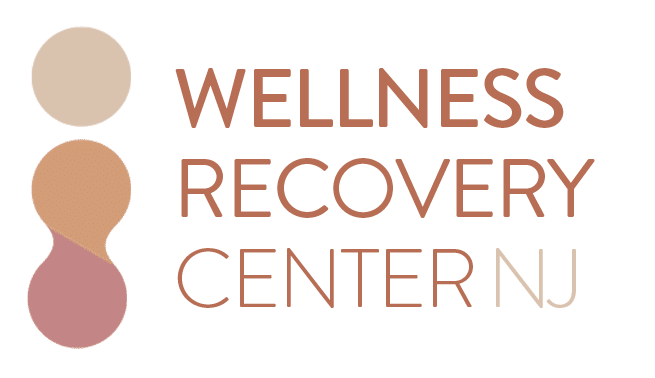The Role of Therapy in Addiction Recovery
No two people are the same, therefore people’s experiences with addiction and addiction therapy can widely vary. One person may feel that cognitive behavioral therapy or more traditional therapies are helpful in maintaining long-term sobriety, and someone else may feel more moved by holistic therapy treatments. Additionally, some may believe in one-on-one therapy where they are being evaluated and catered to on an individual level, whereas others may feel more comfortable hearing other people’s stories and learning methods for coping alongside others in group therapy. Either way, maintaining the therapy of your choosing throughout the addiction recovery process and thereafter can be essential to long-term sobriety.
Wellness Recovery Center is a New Jersey drug rehab offering comprehensive outpatient treatment for addiction and dual diagnosis. Contact our admissions team today to learn more.
Cognitive Behavioral Therapy
Cognitive Behavioral Therapy, otherwise known as CBT, is a specialized, more traditional form of talk therapy that quickly helps a person identify and cope with challenges specific to their experience. In addiction recovery, CBT is known to help a person unpack individual experiences and help you respond to challenges and negative thoughts in a more effective way. If you struggle with mental health, CBT is a useful tool to address emotional challenges and improve any mental health disorder you may be suffering from.
Some other benefits of Cognitive Behavioral Therapy for addiction recovery may include managing symptoms of a mental illness, helping manage chronic physical symptoms caused by addiction, identifying nuanced, more effective ways to manage emotions, overcoming emotional or physical trauma, treating mental illness, preventing relapse of mental illness symptoms, and many more. CBT is a form of one-on-one therapy that quickly identifies your thinking and helps to evaluate and improve your mental state of being to effectively overcome addiction as well as mental illness as it pertains to your addiction.
Group Therapy
Group Therapy typically involves one or more psychotherapists or psychologists who guide a group of five or more patients suffering from similar issues, which may include mental health issues such as depression, panic disorder, chronic pain, substance abuse disorder, mental illness, and more. Other forms of group therapy may target more narrow issues such as improving social skills, overcoming loneliness, anger, fear, low self-esteem, social anxiety, and dealing with grief.
This form of therapy may feel either more comforting for some than individual therapy, or it may feel a little more intimidating to share personal experiences with a group, but altogether it can be a very effective means of therapy as well as an opportunity to build your sober support network alongside like-minded sober people.
If you are someone who feels intimidated by the prospect of group therapy, it may be insightful to know that psychologists say that oftentimes group members are pleasantly surprised by how rewarding and effective group therapy turns out to be. Not only are you in a safe space with people going through something similar, but group members can also act as a means of support and be a helpful sounding board. Additionally, talking to a group of people and listening to others may help you feel less alone and may help to put your own problems into perspective. Lastly, group therapy may include people with different backgrounds than you and different life experiences, and seeing things from their point of view may be eye-opening and can help shape the way you view the world going forward.
Holistic Therapies
There are Princeton drug rehab centers out there for everyone, and this includes the opportunity to express thoughts and feelings as well as overcome addiction problems through holistic modalities as opposed to the more traditional therapy route. Each form of therapy has its specific benefits, and the holistic approach to addiction therapy is no exception.
Holistic Therapy may include yoga therapy coupled with breathwork and meditation, art therapy, spiritual therapy, vocational services, psychiatric care, and physical health, cultural awareness and appreciation, and more. Some of the benefits that come with holistic therapy include stress reduction, increased overall health, increased self-esteem, healthy coping skills, and more.
At Wellness Recovery Center of New Jersey, we approach addiction therapy in the way that best suits your specific needs. We offer traditional means of therapy and a holistic approach to treatment, including art therapy, music therapy, experiential learning exercises, meditation and breathwork, yoga therapy, and more. Our recovery center is here to offer individualized treatment programs to match each person’s specific needs as they discover what addiction therapy means to them. Call (866) 861-3449 today for more information about Wellness Recovery Center of New Jersey and what we offer.



Leave a Reply